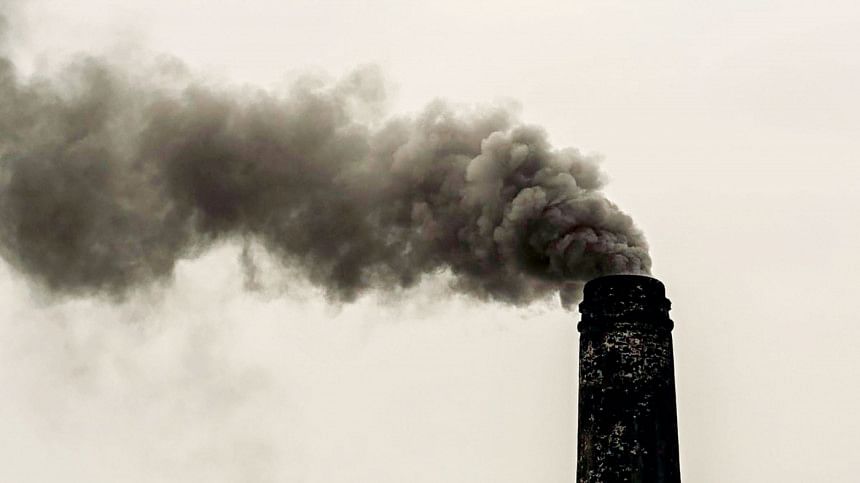Pollution responsible for nine million deaths in 2019

The new report updated in The Lancet Commission on Pollution and Health, published in The Lancet Planetary Health, states that although the number of deaths from pollution sources associated with extreme poverty (such as indoor air pollution and water pollution) has decreased, these reductions are offset by increased deaths attributable to industrial pollution (such as ambient air pollution and chemical pollution). Low- and middle-income countries suffer the most from pollution's health effects.
The 2017 Lancet Commission on Pollution and Health found that pollution was responsible for nine million deaths – 16% of all deaths globally. Of the nine million pollution-attributable deaths in 2019, air pollution (both household and ambient) remains responsible for the greatest deaths at 6.67 million worldwide. Water pollution was responsible for 1.36 million premature deaths. Lead contributed 900,000 premature deaths, followed by toxic occupational hazards at 870,000 deaths.
The decline in deaths from traditional pollution since 2000 (household air pollution from solid fuels and unsafe water) is most evident in Africa. This can be explained by water supply and sanitation improvements, antibiotics and treatments, and cleaner fuels.
Ambient air pollution was responsible for 4.5 million deaths in 2019, up from 4.2 million deaths in 2015 and 2.9 million in 2000. Deaths from hazardous chemical pollutants increased from 0.9 million in 2000 to 1.7 million in 2015 to 1.8 million in 2019, with 900,000 deaths attributable to lead pollution in 2019. Overall, deaths from modern pollution have increased by 66 per cent in the past two decades, from an estimated 3.8 million deaths in 2000 to 6.3 million deaths in 2019. Figures on deaths from chemical pollutants are likely to be underestimated as only a small number of manufactured chemicals in commerce have been adequately tested for safety or toxicity.
Excess deaths due to pollution have led to economic losses totalling US$ 4·6 trillion in 2019, equating to 6·2% of global economic output. The study also notes pollution's deep inequity, with 92% of pollution-related deaths and the greatest burden of pollution's economic losses occurring in low-income and middle-income countries.
Climate change, pollution, and biodiversity loss are linked. A globally supported, formal science-policy interface is needed to inform intervention, influence research, and guide funding. Pollution is usually viewed as a local issue addressed through sub-national and national regulation or regional policy in higher-income regions. But, pollution is a global problem, requiring a global response to address its causes, dispersal, and health impacts.

 For all latest news, follow The Daily Star's Google News channel.
For all latest news, follow The Daily Star's Google News channel. 




Comments